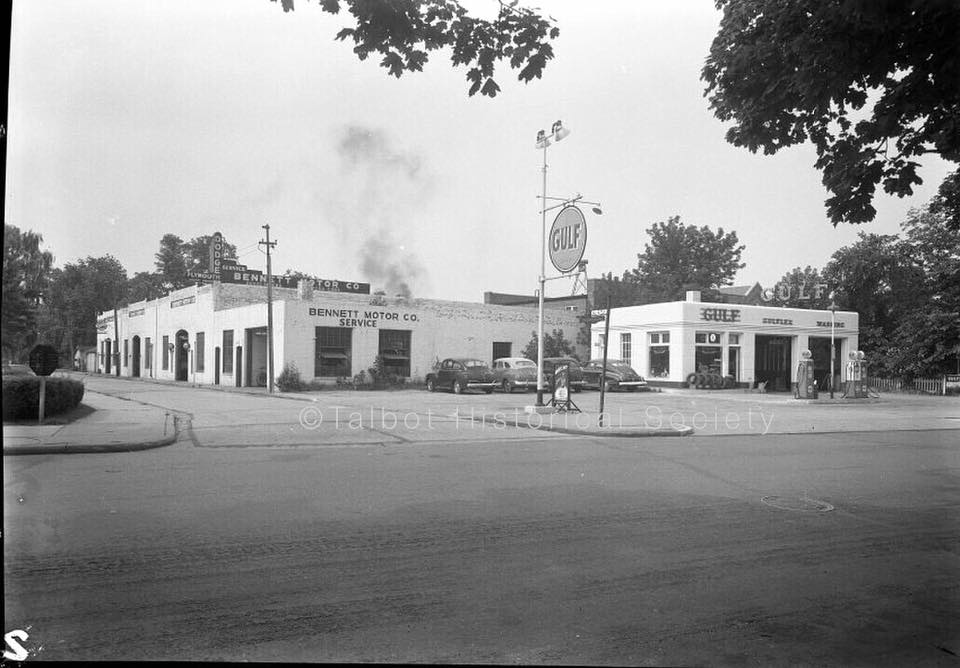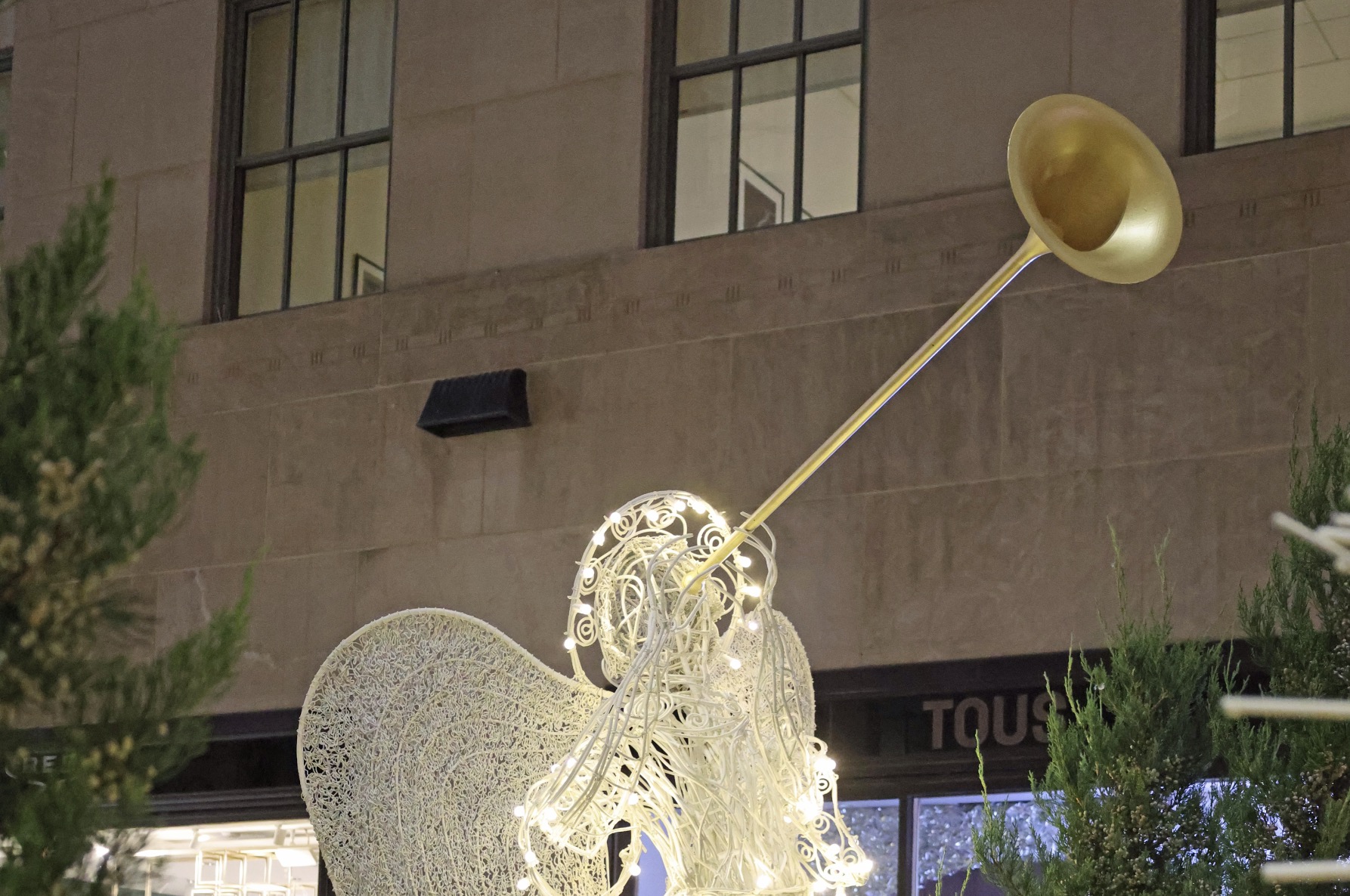
Happy New Year’s Eve from the Talbot Historical Society! The pictured Talbot County Court House in Easton, Maryland was decorated for Christmas about 100 years ago and a light covering of snow makes this Talbot Historical Society Collection photo even more beautiful!
Contact: Cathy Hill [email protected] to share your old photos and purchase our collections photos. Comment, Like our page and join the Talbot Historical Society!










